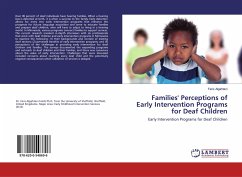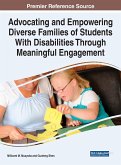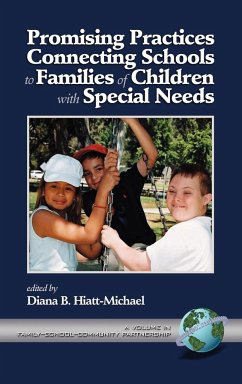The cultural and linguistic diversity of the United States is growing rapidly and early intervention service providers are very likely to work with families whose cultures differ from their own. Service providers must consider the multiple cultural factors of families which contribute to family dynamics and the potential for miscommunication is high when the cultural frameworks of early intervention providers differ from those of the families they serve. Culturally responsive practices have been posited as a way to increase successful communication and service provision, but there is limited research investigating the beliefs, experiences, and practices of early intervention providers regarding cultural responsiveness and the efficacy of specific practices. This book details a study which utilized an exploratory case study methodology with multiple case analyses to investigate the expressed beliefs and practices of in-service early intervention providers regarding culturally responsive practices and compared them to the tenets of best practice set forth in the conceptual literature.
Bitte wählen Sie Ihr Anliegen aus.
Rechnungen
Retourenschein anfordern
Bestellstatus
Storno








